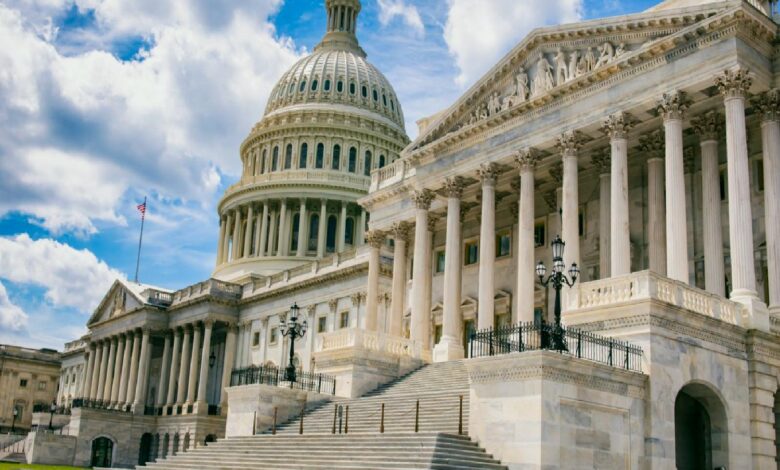Senate hearing on the regulation of stablecoins clarifies contradicting views

The Senate Banking Committee held a hearing on December 14 to discuss the issue, use, and risks of stablecoins.
The hearing took place under the working title “Stablecoins: How do they work, how are they used and what are their risks?” The participating experts included
- Hillary Allen, Professor at the American University Washington College of Law
- Alexis Goldstein, Director of Financial Policy at Open Markets
- Jai Massari, partner at Davis Polk and Wardwell
- Dante Disparte, Chief Strategy Officer and Head of Global Policy at Circle.
The Senators present were Sherrod Brown, Elizabeth Warren, and Patrick Toomey.
Regulation of stablecoins unnecessary?
In a written statement , Alexis Goldstein said that most of the existing regulations do not apply to decentralized financial projects (DeFi). This included “Know Your Customer” regulations, laws against money laundering and terrorist financing as well as current US sanctions. The lack of these regulations makes stablecoins usable for converting ransomware payments from one cryptocurrency to another.
While Jai Massari agreed to the need for oversight, lawmakers should consider letting stablecoin issuers operate under a “new and well-designed federal charter”. Regulating actors like an FDIC-insured bank is impractical and unnecessary ”. Stablecoin companies are already able to manage their own risk. This includes having short-term reserves with cash equal to the number of stablecoins outstanding.
“Innovations support but not damage the industry”
Dante Disparte, the only expert with a direct link to a stablecoin issuer, highlighted the positive impact of digital assets. This included promoting women and small businesses and providing assistance. He urged parliamentarians to encourage innovation but not harm the industry ”.
Senator Toomey shared Disparte’s opinion, saying that stablecoins increase transaction speed, reduce transaction costs and improve access to payment systems. Regulations should be put in place to minimize financial risk and ensure consumer protection address, but these shouldn’t stifle innovation in the global digital economy, he added.
The last witness, Hillary Allen, was less optimistic than the other participants. She took the view that stablecoins pose a “real threat to financial stability” in the US. They could increasingly displace the US dollar and limit the Fed’s ability to respond to inflation.
“This is another reason to avoid policies that encourage the growth of stablecoins,” she added.
Similarly, Senator Warren called for a crackdown on digital assets. “They support one of the seediest areas of the crypto world – DeFi – where consumers are least protected from being scammed,” she said.
Senator Brown agreed, saying that stablecoins are neither decentralized nor transparent and carry the risk of losing all investors’ money. He called the digital coins “wild financial speculation” and added that blockchain technology will never “democratize money”.
These conflicting views come at a time when stablecoin issuer Tether is facing its second class action lawsuit this year. However, the allegations made earlier are dismissed by Tether as a misrepresentation of its stablecoin support.



